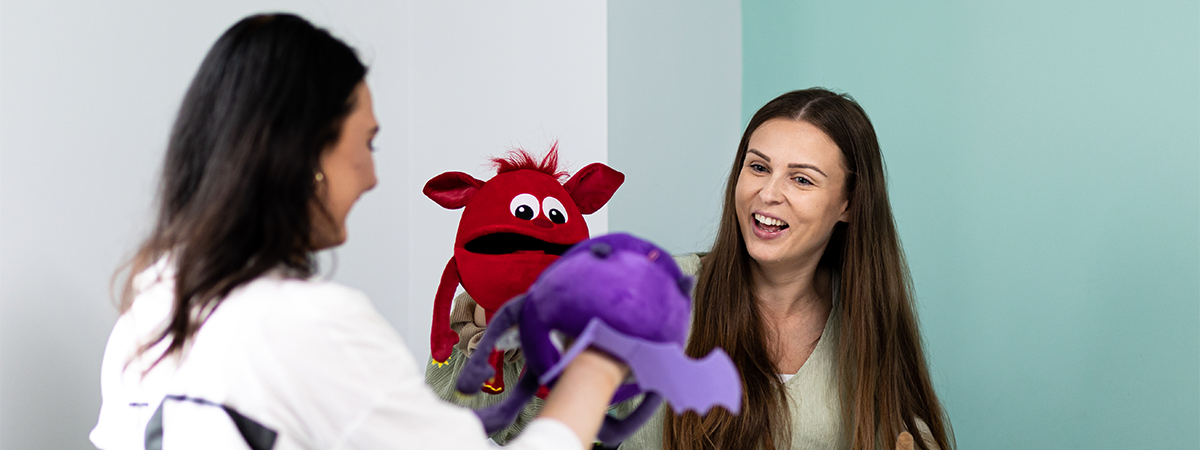We had the privilege of sitting down with Dr Melissa Morrison, a newly qualified educational psychologist working within the local authority in the West Midlands. With a journey spanning from research psychology to doctoral training, Dr Melissa Morrison offers us a glimpse into the world of educational psychology and shares valuable insights for those aspiring to follow a similar path.

Tell us a bit about yourself.
I am Doctor Melissa Morrison. I'm a newly qualified Educational Psychologist working within the local authority in the West Midlands. I started as a Research Psychologist, later moving up to an Assistant Educational Psychologist for a few years and then moving on to doctoral training and now I am an Educational Psychologist.
What does a typical day look like for an Educational Psychologist?
No two days are ever the same for me. Mornings typically start with administrative work to organise my schedule. However, my plans often depend on the company's needs. I might find myself delivering training at a school, observing students, consulting with colleagues, or overseeing operations. After a busy morning, I take a lunch break before going to the office in the afternoon. This time is usually reserved for meetings with supervisors or managers, where I get support if needed. If not, I spend the afternoon working on research, planning, or documenting the activities I did outside of the office.
How did you know you wanted to train to become an educational psychologist?
I discovered my desire to become an educational psychologist because I struggled with the education system. As a child, I faced academic challenges, particularly in maths. At the time I was attending a private school that I loved but due to my difficulties, my parents decided to transfer me to a comprehensive school, hoping it would be a better fit. The transition was not easy, and I grappled with feelings of embarrassment and frustration. This first-hand experience ignited a passion within me to prevent others from having these feelings. My interest began to grow even more when I studied A-level psychology; it wasn’t my strongest subject, but I found it very interesting. These qualities, combined with my passion for ensuring that every young person receives the support they need to thrive in education, solidified my decision to pursue a career as an educational psychologist.
Psychology at BCU
Find out more about our Psychology courses.
What type of education and training did you receive to be an Educational Psychologist?
So, to start with I did A Level Psychology, Sociology, History and English which helped to lay the groundwork for my future study. I then pursued a joint degree in Psychology and Sociology at the university level. I enjoyed these two and I felt like they were relevant to educational psychology. Afterwards, I then decided to do my master’s in Applied Psychology. I then moved on to be a teaching assistant in a Birmingham private school and then I worked as an assistant educational psychologist at Sandwell for a year and continued in that role at a few different places. Then I decided to get my doctorate in educational and child psychology. So, it took me about four solid years of rejection and refining before I got qualified.
What advice would you give to people who want to get into educational psychology?
If you're thinking about becoming an educational psychologist, it's a good idea to make sure you're sure about it during your second and third years of study. This can help you shape your thesis and meet the right people in the field to help advance your career. Also, keep a journal of what you're learning and what you want to improve, so you have a clear direction when you finish. One important question to think about is, 'What makes you different?' Knowing what part of psychology means the most to you can help you stand out and focus your efforts.
Dr. Melissa Morrison's story shows how a personal struggle can turn into a passion for helping others. If you're interested in educational psychology, her experience can serve as a guide on your journey. It's a commitment, but the reward is making a real difference for students – a difference you may have even wished for yourself.